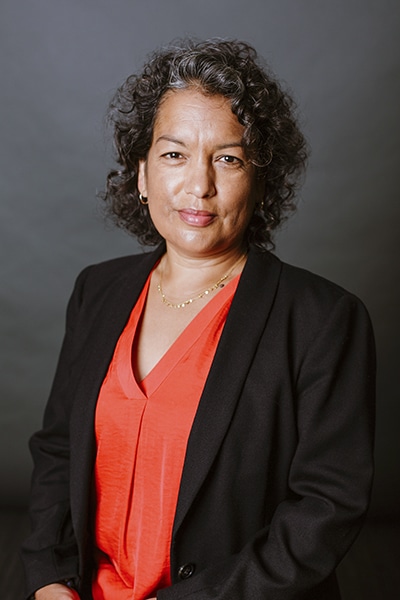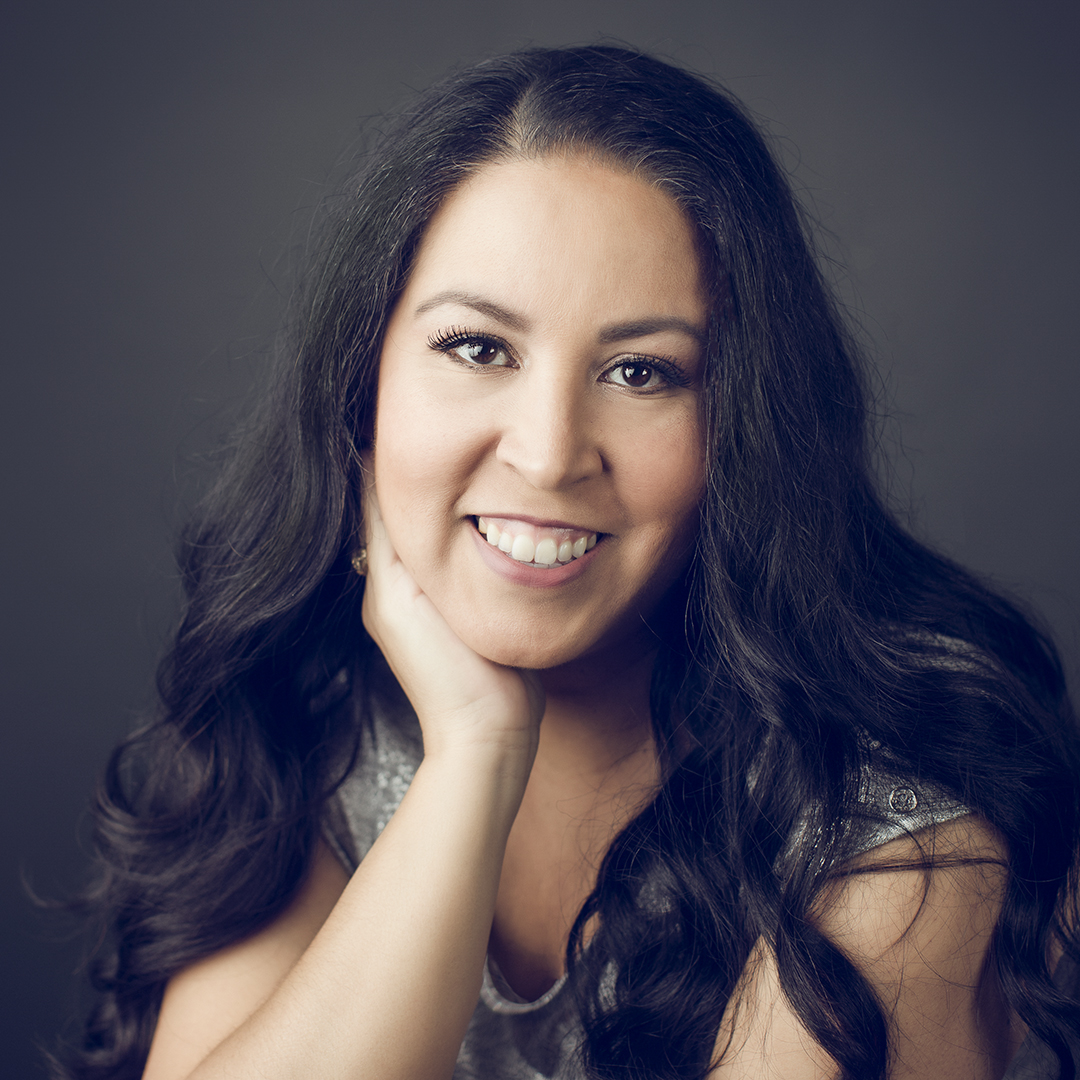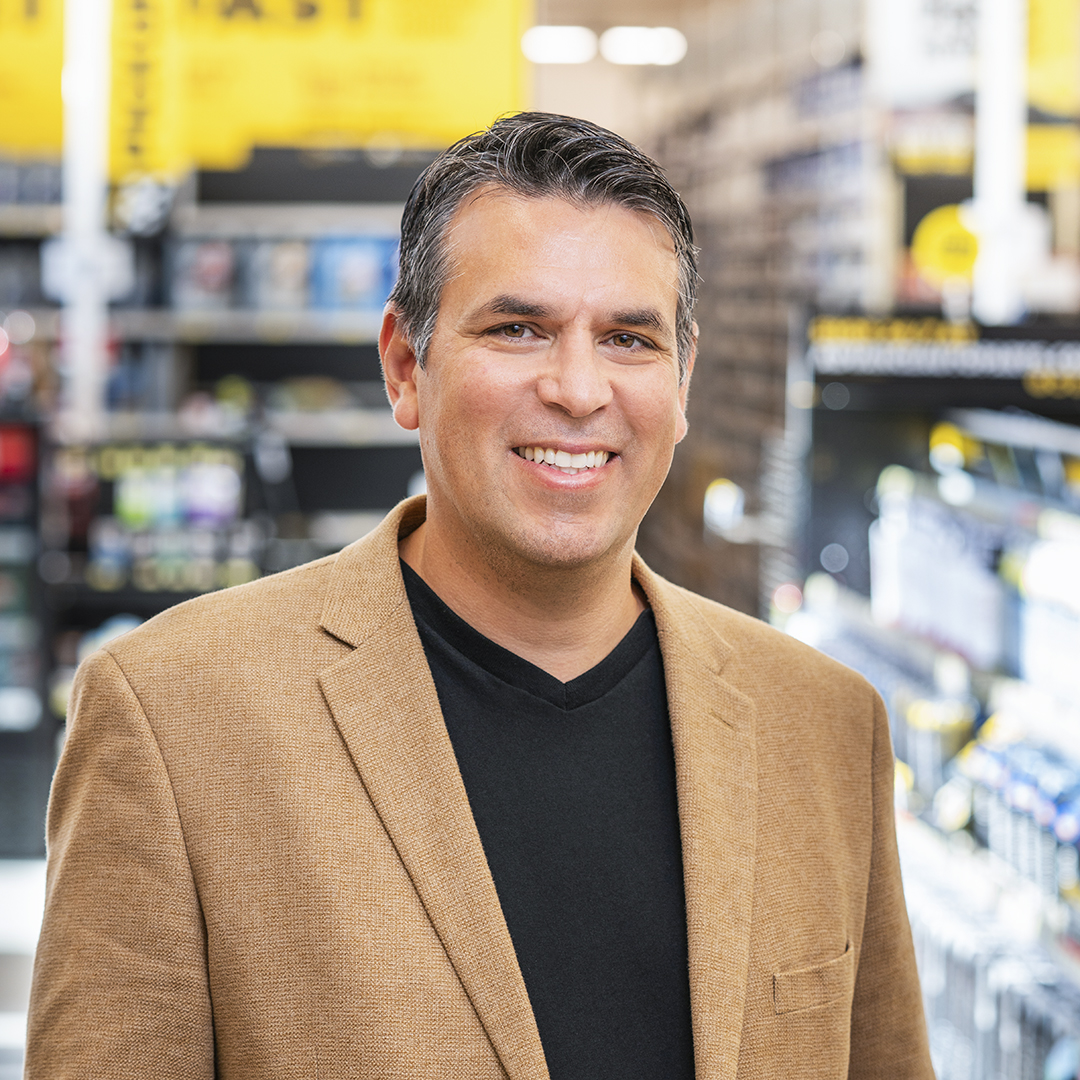|
Getting your Trinity Audio player ready...
|
Vanessa Pegueros is ready to help make the big decisions. Over the last twenty-six years she’s had a number of roles in the telecommunications and financial sectors, focusing mainly on information security. She now serves on several boards of directors, including the member-owned, not-for-profit financial cooperative BECU, where she’s an audit committee member. It’s a job that suits her—though not for the reasons that she often hears from others.

“The biggest thing I hear people say about board work is, ‘Oh, it’s a good retirement gig,’ as if I’m just going to go to four meetings a year and get the big paycheck,” she says, laughing. “That’s a huge misconception. There is a lot of research, there are a lot of meetings outside the boardroom, and it takes a major commitment. If you encounter a topic you’re not familiar with, you need to learn it because you’re making decisions that can affect people’s lives.”
Throughout her career, Pegueros says, she has always strived to be a part of companies and teams that align with her own values and ethics—which is something she thought would be a challenge when she graduated with a degree in mechanical engineering from UC Berkeley.
“I made the determination at the time that I was not going to work for a defense contractor,” she recalls. “It was tough because in the late 1980s, there weren’t a lot of jobs available and one of the primary employers for engineering students was defense contractors. I really had to stick to my core values, and that’s continued to be true for pretty much every company that I’ve ever worked with. I think about what they are doing—are they doing good, and do I align with their values?”
Pegueros concedes that it’s not always a perfect science, but that’s also what makes her board work that much more important. BECU is guided by the philosophy of “people helping people” and operates on five key values—members first, do the right thing, know your stuff, own it, and be real—all of which she says resonates with her.
“I am at a point in my career where I want my actions to be amplified in a maximum way,” she says. “If I’m talking to a group of people, I want those people to be incredibly influential. If they have teams of thousands of people, I want my conversation with that individual to have a positive impact on the team. There are a lot of different things I care about, and serving the community and delivering back to society in a positive way are two of them, and that’s something I can effect in my role.”
“If I’m talking to a group of people, I want those people to be incredibly influential. If they have teams of thousands of people, I want my conversation with that individual to have a positive impact on the team.”
Pegueros says anyone serving on a board has two primary duties: care and loyalty. It’s important to arm yourself with as much knowledge as possible to do the job well, but it’s also about doing the work in service of the organization rather than yourself. It’s a work ethic she says she learned from her father, who worked hard every day and never considered an easy path.
“My dad would always say if you’re sleeping past 6:00 a.m., you’ve wasted your day,” Pegueros says. “He also reminded us to remain honest and to be humble even when you do have a great success, because other people may not have the same advantages as you. Those lessons help drive me.”
Her father worked two manual labor jobs to support the family, Pegueros says, and when she was young, she sometimes only saw him around dinnertime, after he finished his day job and before he headed out to work the night shift.
“It was a lot of hard work, and the importance not only of family but also community working together was really instilled in me at a young age,” she says.
Pegueros is particularly interested in encouraging women in the traditionally male-dominated world of technology. Although she’s happy to see more women getting seats on various boards in the field, she still finds subtle (and not-so-subtle) examples of sexist mind-sets.
“Have you ever noticed that when people are talking about others who might struggle with technology, they’ll say things like, ‘It’s so easy, even my grandmother could use it?’” she inquires. “Every time I heard that at meetings, I’ll say, ‘Can we please It’s a bias—and people don’t even realize they’re saying it or even that they mean it in a negative way, but the more we can get women in the room and have men see that value, I truly believe the better things will become.”
Related Links
Hispanic Executives, Pay Attention: Opportunities are Broadening


